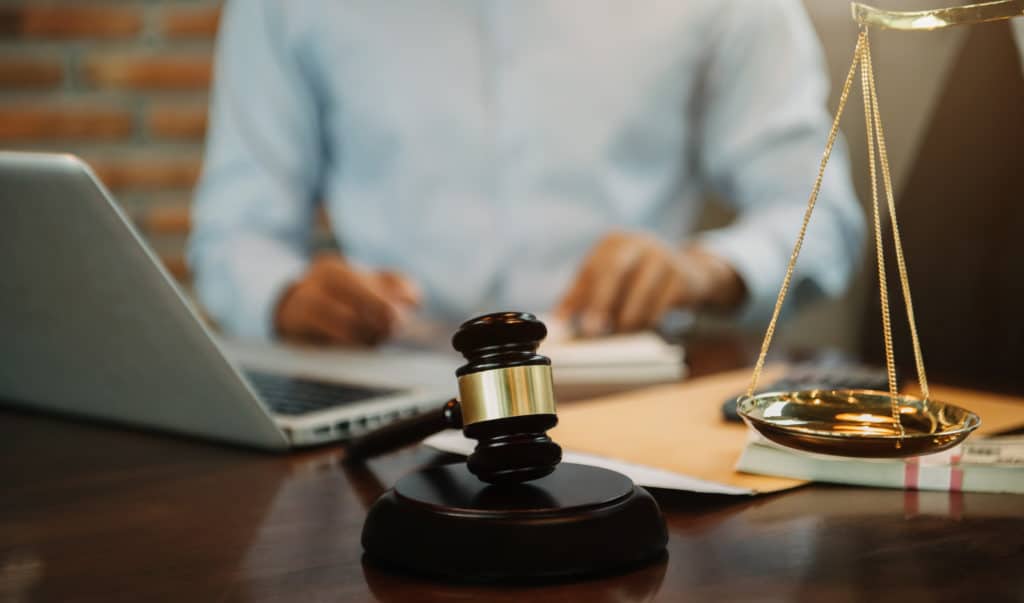Blog
What to Know About Legal Videography Rates Today
The deposition format is one of the key factors affecting legal videography rates. During the COVID-19 pandemic, when courtrooms closed and court proceedings halted, the popularity of remote depositions spiked. So did the demand for certified videographers who made them possible. Even though remote depositions have been around for quite some time, legal professionals mostly…
Read MoreTips for Scheduling Depositions Effectively
In today’s legal environment, civil litigators have precious few chances to showcase their talents at trial. Most civil matters that survive motion practice settle before a jury is ever seated. If you have more than one or two civil trials per year as a litigator, you’re an outlier. Instead, lawyers who ply their trade in…
Read MoreWhat Court Reporters Wish Attorneys Knew About Booking a Deposition
Every case taken on by an attorney is composed of multiple building blocks. Building blocks such as interviewing witnesses, providing helpful counsel to clients, and gathering evidence. These are just a few examples of the processes that attorneys manage. To successfully win a case, an attorney must be diligent in ensuring these processes adhere to…
Read MoreHow to Get Clean Rough Drafts – Tips for Depositions
The post-deposition process is of the utmost importance for any legal proceeding. While attorneys closely examine testimony and fine-tune arguments, it’s often the rough draft of the transcript that becomes essential to the process. With AI-based legal software capable of generating easy-to-search rough transcripts as soon as the deposition ends, attorneys should be able to…
Read MoreThe Difference Between Rough Draft vs. Certified Deposition Transcripts and What You Should Know
The legal industry has been busy driving immense changes since the events of 2020, and that includes shifting legal and administrative proceedings to virtual formats. Though their efforts haven’t received a high public profile, they’ve been no less explicit, even including a court technology paper endorsed by Chief Justices and State Judges, explaining that pandemic…
Read MoreRemote Depositions in a Post-Covid World
What started as an emergency development has now become a critical part of the legal infrastructure. Remote depositions, formerly somewhat rare and limited tools for times of absolute necessity, have now flourished in a hybrid world where efficiency and flexibility are essential. As a leading expert explained to the American Bar Association, lawfirms are acting…
Read MoreTechnical Requirements for a Remote Deposition
Remote depositions are now an immovable fact of life in the legal world. While they’ve really been around on the federal level for decades, the marriage of improving tech and necessity has recently made remote depositions standard procedure for law firms of any size. The ability to utilize today’s top legal technology gives these firms…
Read MoreDo I Need a Legal Videographer for Remote Deposition?
Not all remote depositions need to be recorded. However, just as recordings of in-person depositions are inadmissible in court unless a legal videographer creates them, you will also need a videographer for admissible remote depositions. Hiring a legal videographer for your remote deposition can come with a price tag of several hundred dollars plus additional…
Read MoreAdvantages of Remote Depositions
When global pandemic shutdowns were instituted in 2020, many lawyers turned to remote depositions as one of the few viable options for keeping the court system moving. As explained by the American Bar Association, what was once considered a Band-Aid to pull the court system through pandemic shutdowns quickly became part of standard operating procedure…
Read More10 Mobile Videoconference Deposition Best Practices
Fueled by the need to pursue justice while keeping safe amid the pandemic, mobile videoconferencing is transforming depositions, arbitrations, and overall communication in the litigation world. It’s also helping legal professionals comply with the lawyer’s duty of competence, which reads: “To maintain the requisite knowledge and skill, a lawyer should keep abreast of changes in…
Read More








